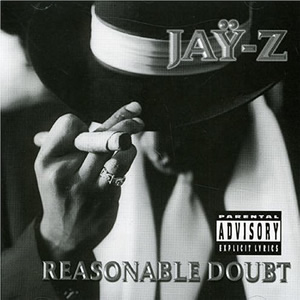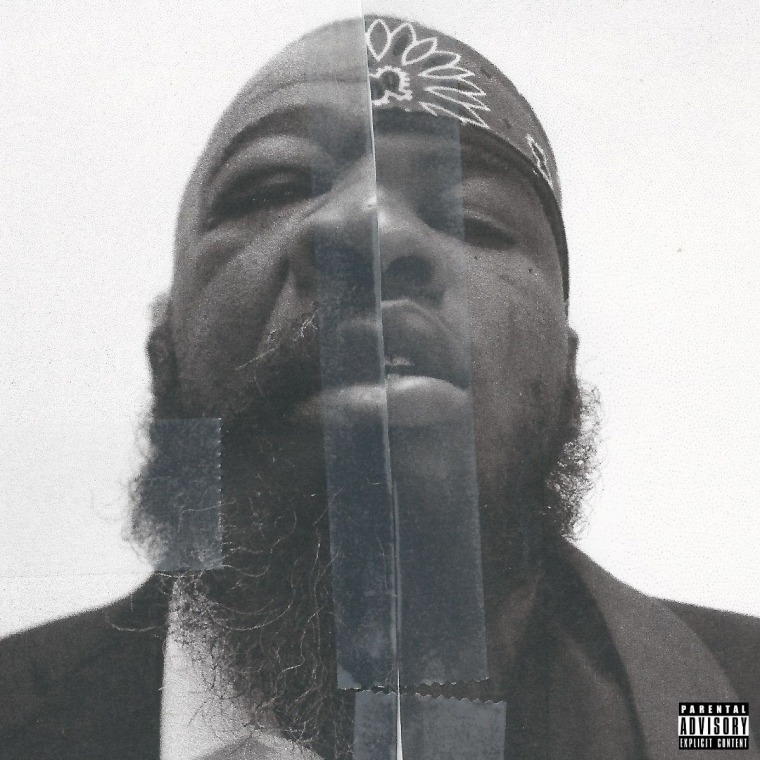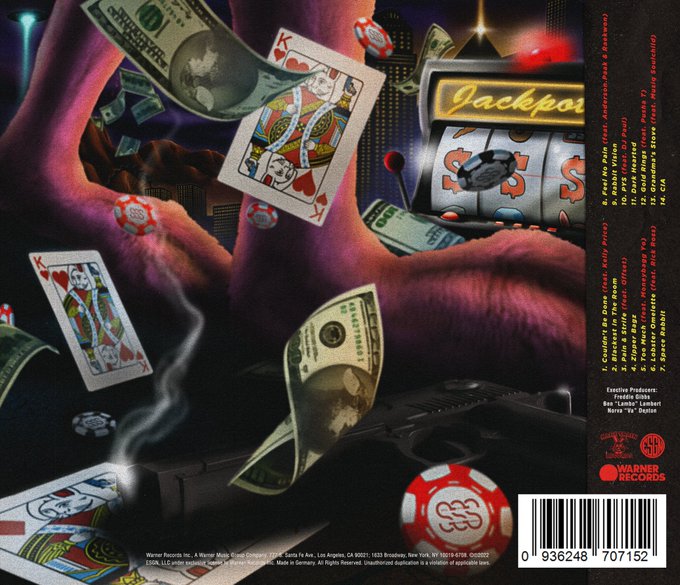By: Tommy “T-Rod” Rodriguez
This is one of many entries in a series where I will be doing a weekly blurbs on New York’s music scene. From old to new records, we’ll be going over some of the most classic records from The Big Apple and its surrounding region!
New York rap mogul Jay-Z is a man of many titles and aliases. One of the music’s most talented songwriters, recruiters, managers, businessmen, trendsetters, Sean Carter is one of the most essential figures in rap history. Few artists can claim to have a back catalogue as deep and high-profile as his, let alone have the type of acumen he holds in the entertainment industry. Roc Nation, Tidal, Roc-A-Fella are some of the impressive ventures he’s engaged in, with artists like Kanye West and many others having come into the limelight through his influence. The man is a living legend, and that all started with one little album: Reasonable Doubt.
The 1996 classic released independently through his own label, the aforementioned Roc-A-Fella, and to this day is one of Jay’s less popular records from a commercial aspect. There weren’t too many viral hits on it save for a few tracks here and there, nor does it represent Jay’s style in the grand scheme of his career, being rather moody and gritty compared to his work in the late 90s and 2000s. But as a body of work in the field of hip-hop, this is one of Jay’s crowning achievements: it’s a prime example of the luxury and mafioso rap that would go on to influence many that work today: Griselda and Rick Ross are the first that come to mind.
One of the most immediately noticeable things about Reasonable Doubt is how confident it is: even before he was a true mogul, Jay sounded like he had already made it in life. “Can’t Knock the Hustle” is a fantastic opener that displays Jay’s wealth and mafia storytelling over a cinematic, smooth boom bap beat. Mary J. Blige’s hook is the icing on an absolutely delicious cake. The topic of wealth has always been a mainstay in Jay’s music, but the wealth he discusses here is hungry, dirty, and all-encompassing. “The price of leather’s got me, deeper than ever and just think, Winter’s here, I’m trying to feel mink” he explains on “Politics as Usual,” a track all about his underworld ties. There’s a danger to the wealth Jay raps about, as potent as any modern crime film. Not to say the album isn’t fun either: “Cashmere Thoughts” is a fun rumination on the silk and diamonds he bought the women before he met Beyonce. This is a “young” Jay-Z, not afraid to splurge instead of investing in the many businesses he did now…even if the money he splurges isn’t exactly clean.
That lack of cleanness is what separates Reasonable Doubt from so many (but not all) Jay albums. This album goes all in on the gangster concept, mixing in gritty crime stories with upper echelon living. Think drinking wine on a beach after trading illegal drugs on the pier. “D’Evils” details the guilt and trauma Jay and his accomplices feel after dealing in the underground, with numerous lines painting Jay as almost being too far gone into his evils. “Brooklyn’s Finest” is a fantastic collaboration with The Notorious B.I.G, where he and the Biggie exchange bar after bar on their criminal superiority. An underrated duet on this album, “Coming of Age” foreshadows Jay’s prominent mentorship in hip-hop, seeing him give a wild Memphis Bleek life advice in the rap and crime game. As the album goes on, you begin to see that Jay didn’t see himself as a petty criminal: he is a kingpin, the boss, and an undefeated foe.
Undefeated is the way I would describe the technicals of this album. Jay’s writing is absolutely impeccable, easily some of the best in his storied career. “Dead Presidents II” is iconic, a song all about being morals being governed by coin. Over a simple Nas sample and a blizzard-cold piano melody, the track is easily of the best gangster rap songs of all time. “Feelin’ It” is almost a sequel to the previous track, where Jay admits that he’s feeling the pressure of his activity as a rapper and a criminal. It’s a powerful track, one of his most underrated. “22 Two’s” is a rap marvel, with Jay using the word “too” exactly 22 times in a flawless cipher over swaggering strings. “Can I Live” is a nice breather, focusing more on the balance between relaxation and hustle we see firsthand on the album. The production on these tracks, as well as the whole album, works flawlessly in displaying the class and danger in Jay’s lifestyle. The attention to detail is potent too: with the lyrics and production perfectly crafting a rap-style gangster film: vinyl crackles and 8-balls clack together as the evil “Bring It On” comes on, a great posse cut where every MC kills their verse. “Regrets” is almost like the soul-crushing ending to a film, with moody keys and a depressed Jay pushing through grief to seek a better, possibly cleaner life. As the credits close, “Can I Live II” is a triumphant look to a very successful, bright future….
Is Reasonable Doubt Jay-Z’s best album? That’s a tough question to answer, but I can say that it is a damn near flawless gem in a treasure trove catalogue. With a great personality, great fundamentals, songwriting and production, as well as a dash of iconic features, this is certainly a New York classic.
But what do you think? Is this Jay-Z’s best album? Where does it rank in his catalogue? What’s a classic New York album I should check out next? Sound off on the comments below!
SOFLOSOUND.com is your one stop shop for a music fan’s music reviews, profiles, and essays. By the youth, for the youth, and allied with all oldheads, everywhere. Leave a comment below on what you want to see next!



